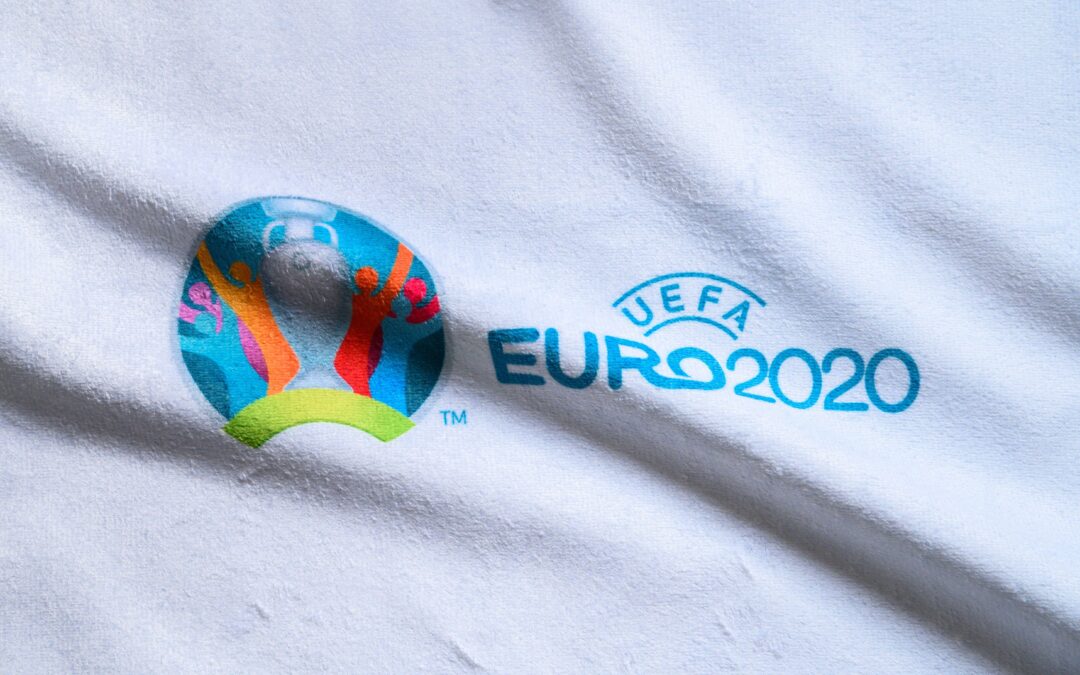What I’ve learnt from Euro 2020
1. Football is providing the best examples of inclusive leadership right now
I am normally a big fan of putting pictures of Jorgen Klopp into my presentations, but now I have a new inclusive leadership hero in the form of Gareth Southgate. With thanks to Matthew Syed for writing this article, we can see the traits and behaviours associated with inclusive leadership:
- He doesn’t think “I” or “you”, instead using the pronoun “we” scrupulously
- He sees systems; “He recognises the value of the collective, the shared ecosystems in which individuals thrive”.
- He listens to diverse voices; he is “unafraid to hear from leaders in different fields, always on the lookout for new ideas"
- He holds a mirror up to the system – I love this anecdote:
"He was lambasted at a press conference a few years ago by football journalists outraged by the lack of action from the FA on racism. He listened politely, fielded questions, then at the end asked the assembled journalists to look around the room. The almost exclusively white, middle-aged men looked from one to the other, then back again, as the penny dropped. They were criticising the FA while oblivious to the lack of diversity in journalism. Moments like this have inspired deep loyalty among his diverse group of players."
- He’s resilient, having picked himself up from a career-defining penalty miss that he has now transcended (IMO).
- He understands the role of trust in engendering courage rebuilding the relationship between the national team, the press and the public
- And the best result of that? He’s successful! Two semi-finals in two successive championships.
As my husband summarised in a WhatsApp chat recently; #BemoreGareth
2. There’s a word for the healing we are experiencing watching the football right now
Ok, it’s two words. “Collective Effervescence”. With thanks to Gemma Duffy (Associate Director, The Manual London) for alerting me to this phenomenon. Gemma says that Collective Effervescence "unites us to a greater humanity and allows us to transcend beyond ourselves to a group collective" and that "it only happens in big, collective group experiences".
Put simply, we are social creatures and therefore community and belonging are absolutely fundamental to our experience. The French sociologist Émile Durkheim introduced the term Collective Effervescence after investigating the ‘magic’ witnessed during religious ceremonies.
More recently a group of researchers, measured how these experiences of Collective Assembly (their term for events) affect us. They give us “an opportunity to feel connected to something bigger than oneself; it is an opportunity to feel joy, social connection, meaning, and peace”. They also found that we hold on to these positive emotions long after the event itself. Our communities are traumatised right now and we need to come together to heal. According to Brené Brown, “a collective assembly can start to heal the wounds of a traumatized community". That’s as good a reason as I can find to head down the pub on Wednesday evening…!
3. Football can be more than an exercise in nationalism
A massive shout out to my husband – Steve Hobbs – here.
At the beginning of the Euros, just like at the beginning of the World Cup, he ordered a length of flags made up of the nations’ flags that were competing. They’re strung up all over our house. I hadn’t really thought too much of it until now. This weekend I was reflecting on the message that sent our kids. I like to think that we’re celebrating the football and the coming together of nations to compete. We’re highlighting football as a global language – one that brings communities together on the global stage, just as when, on holiday, it brings kids and adults together on the beach who share no other language but football.
#ComeOnEngland
#BeMoreGareth
Rox
x
